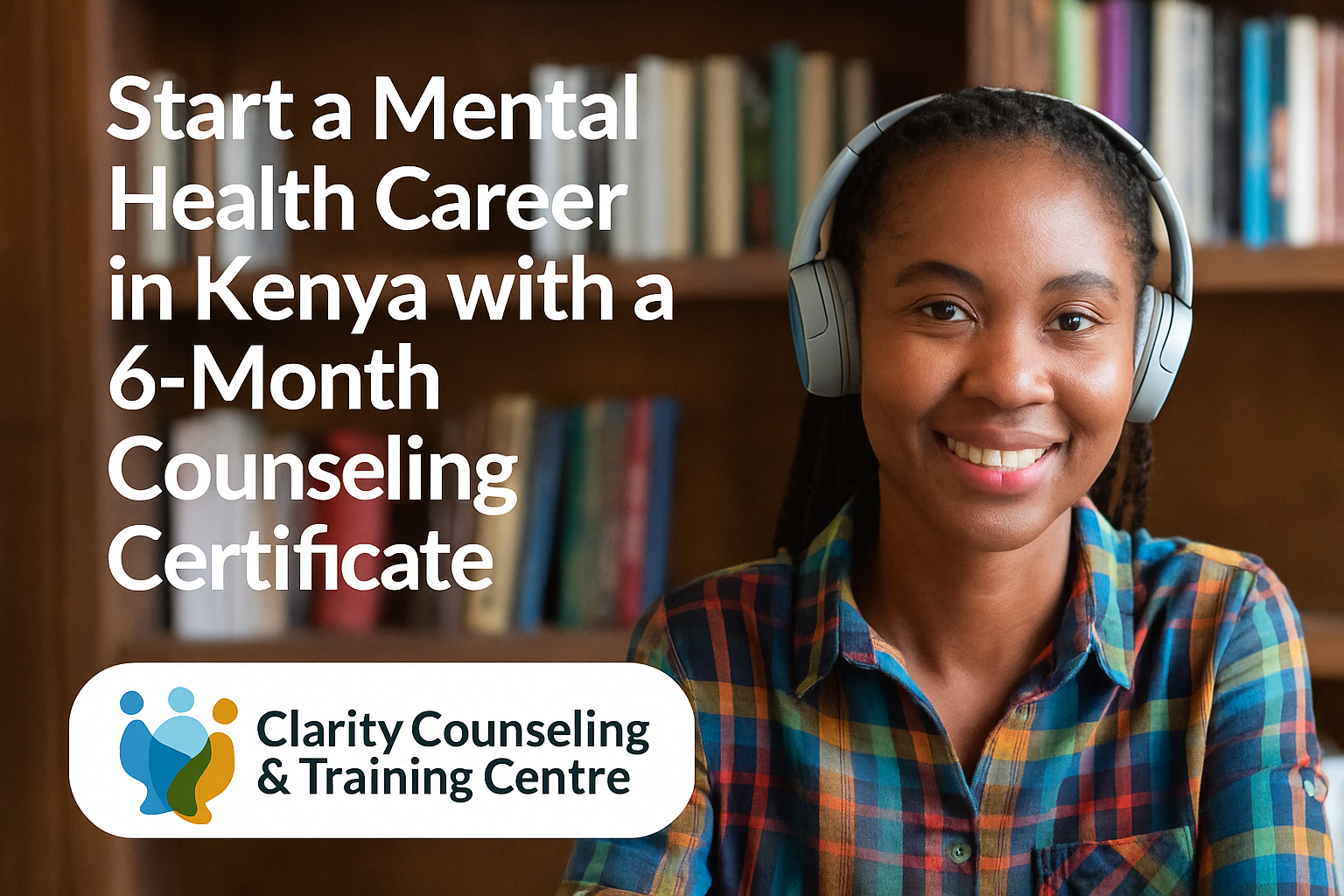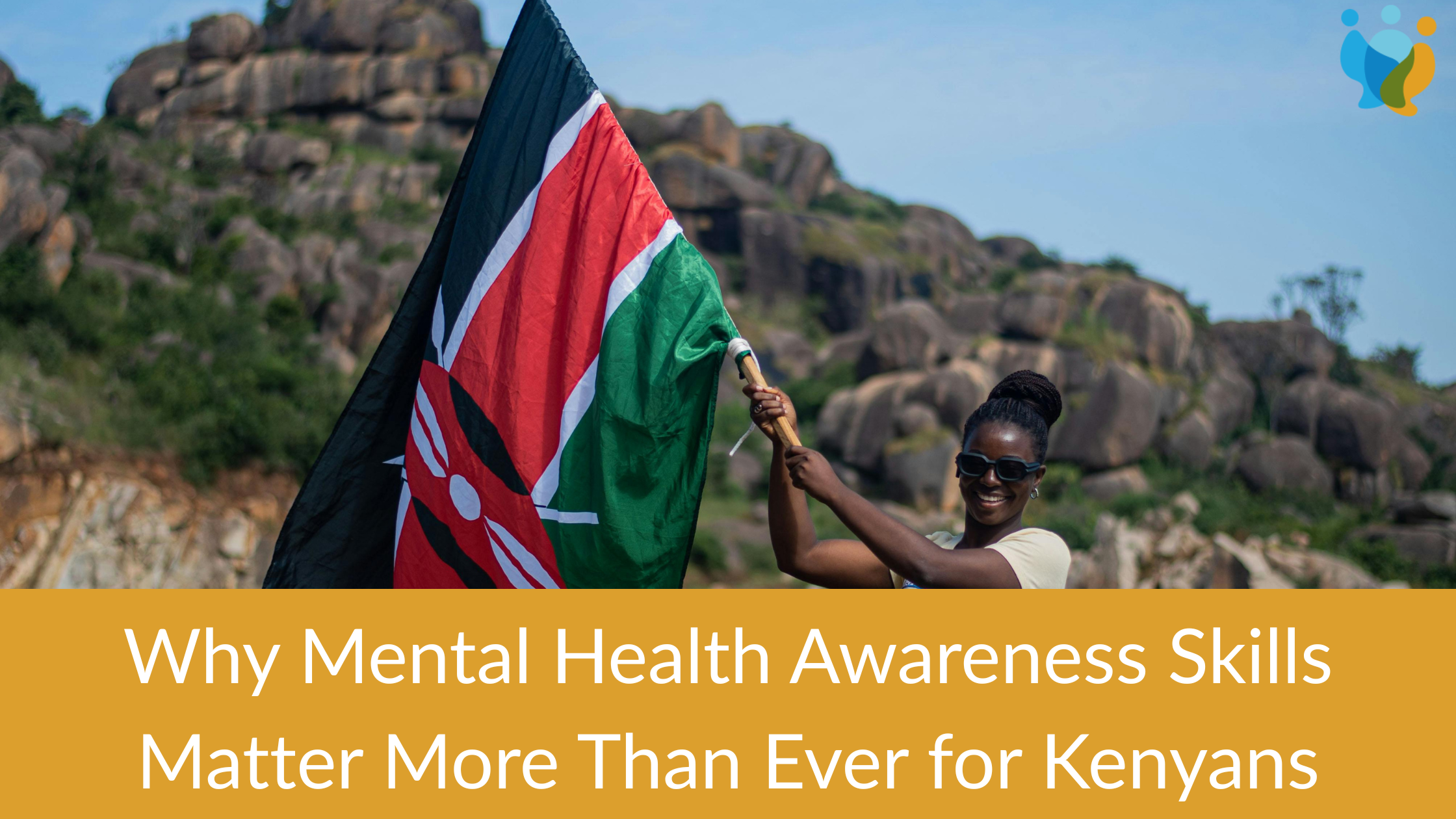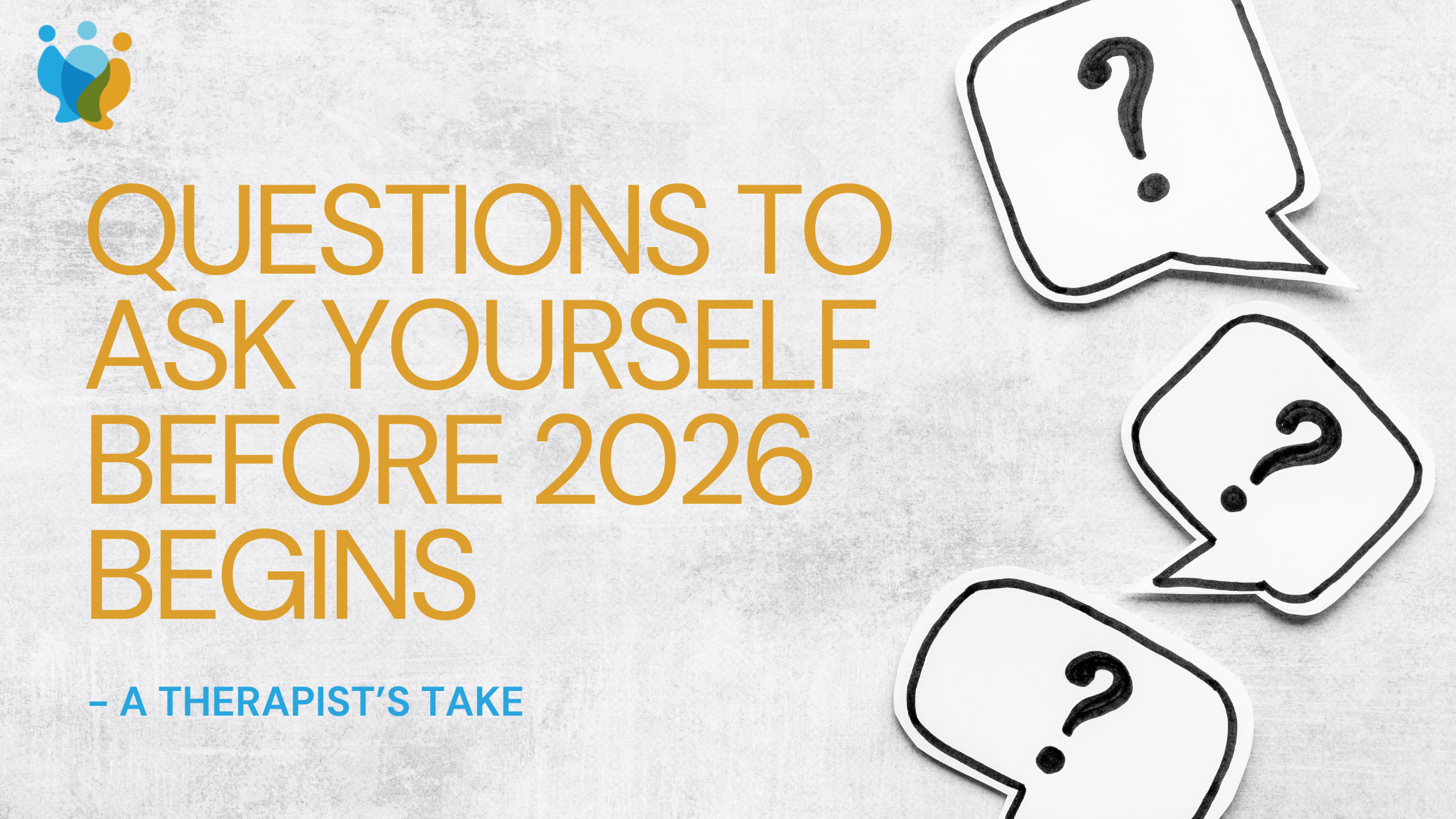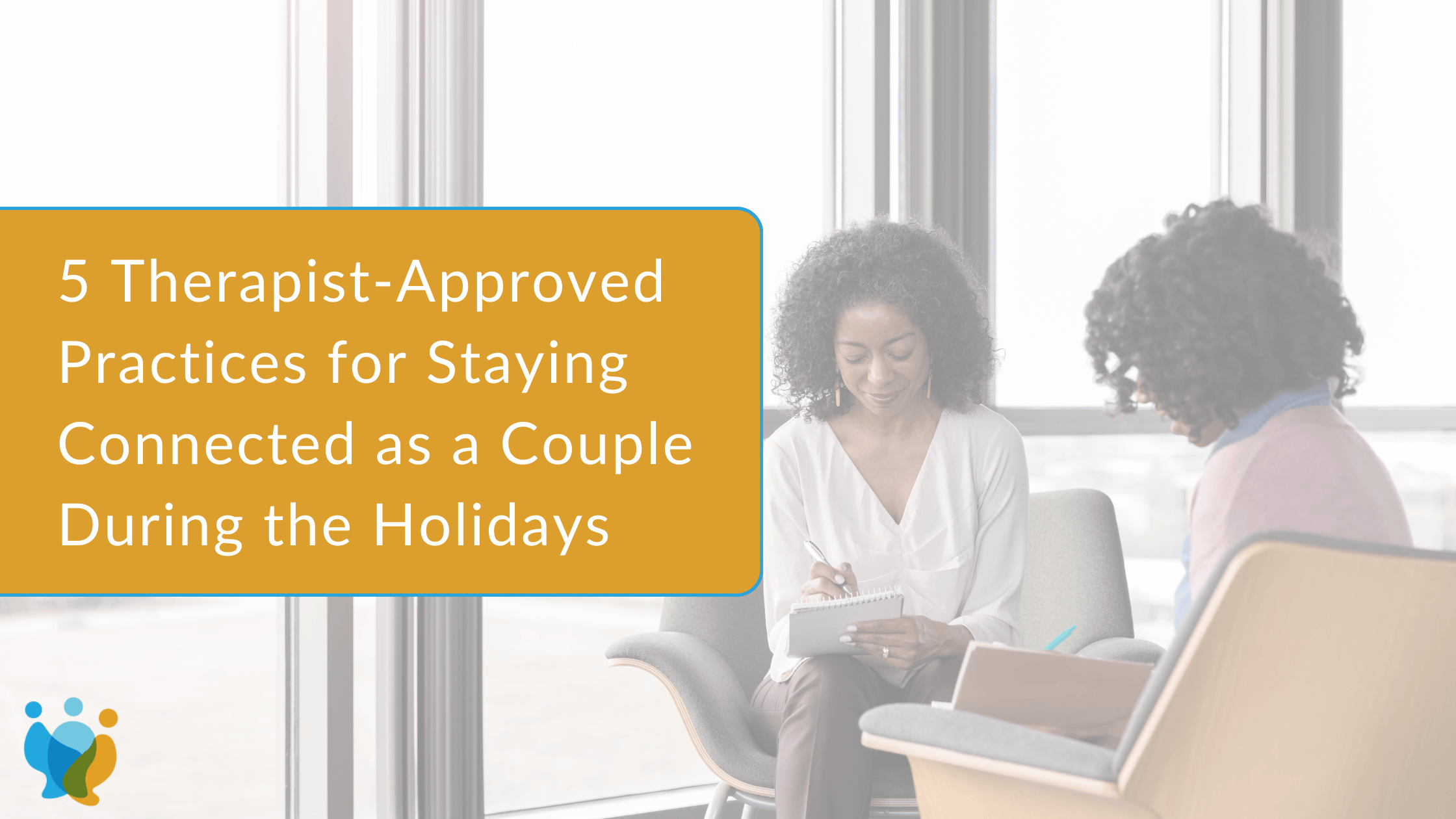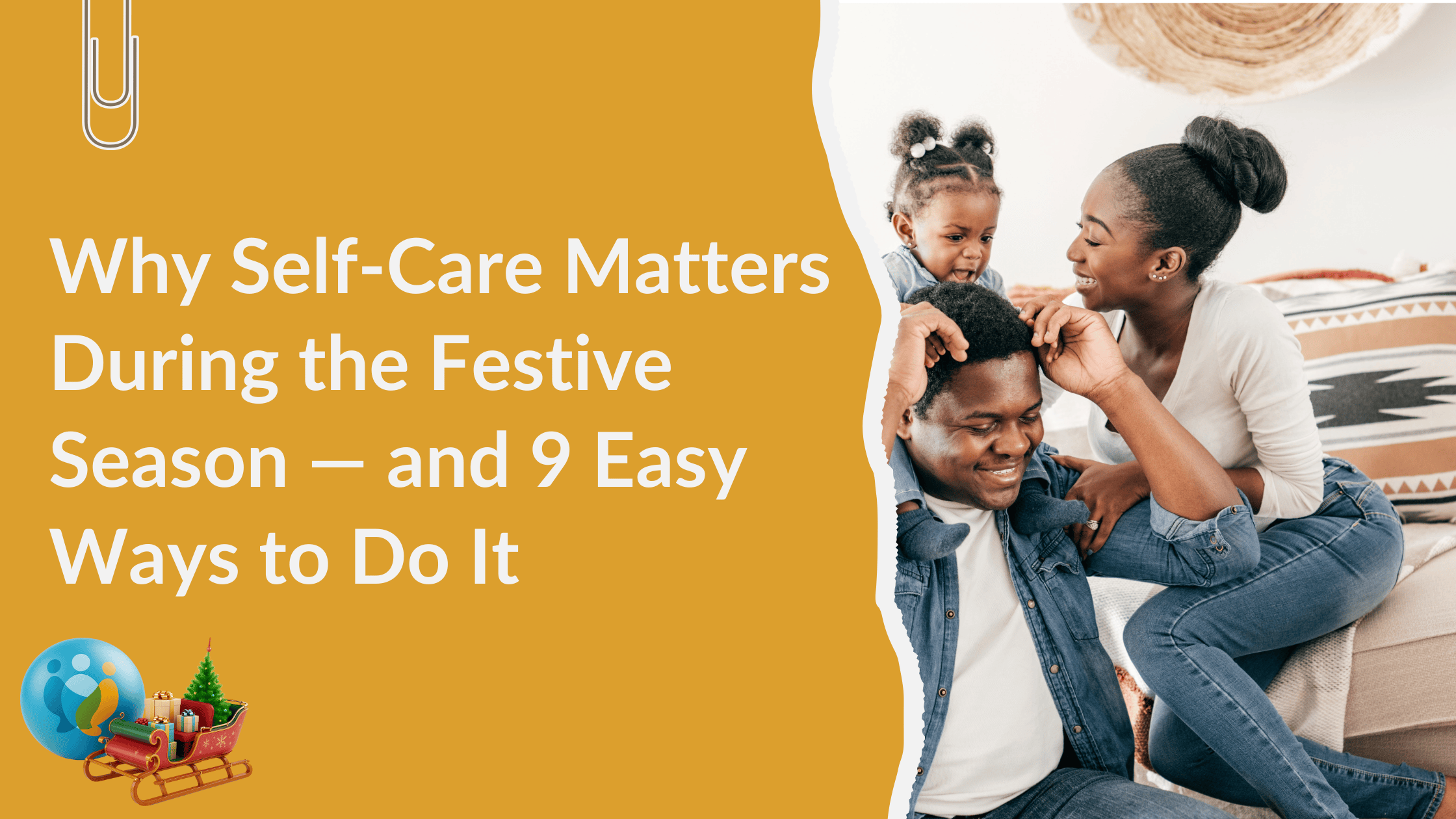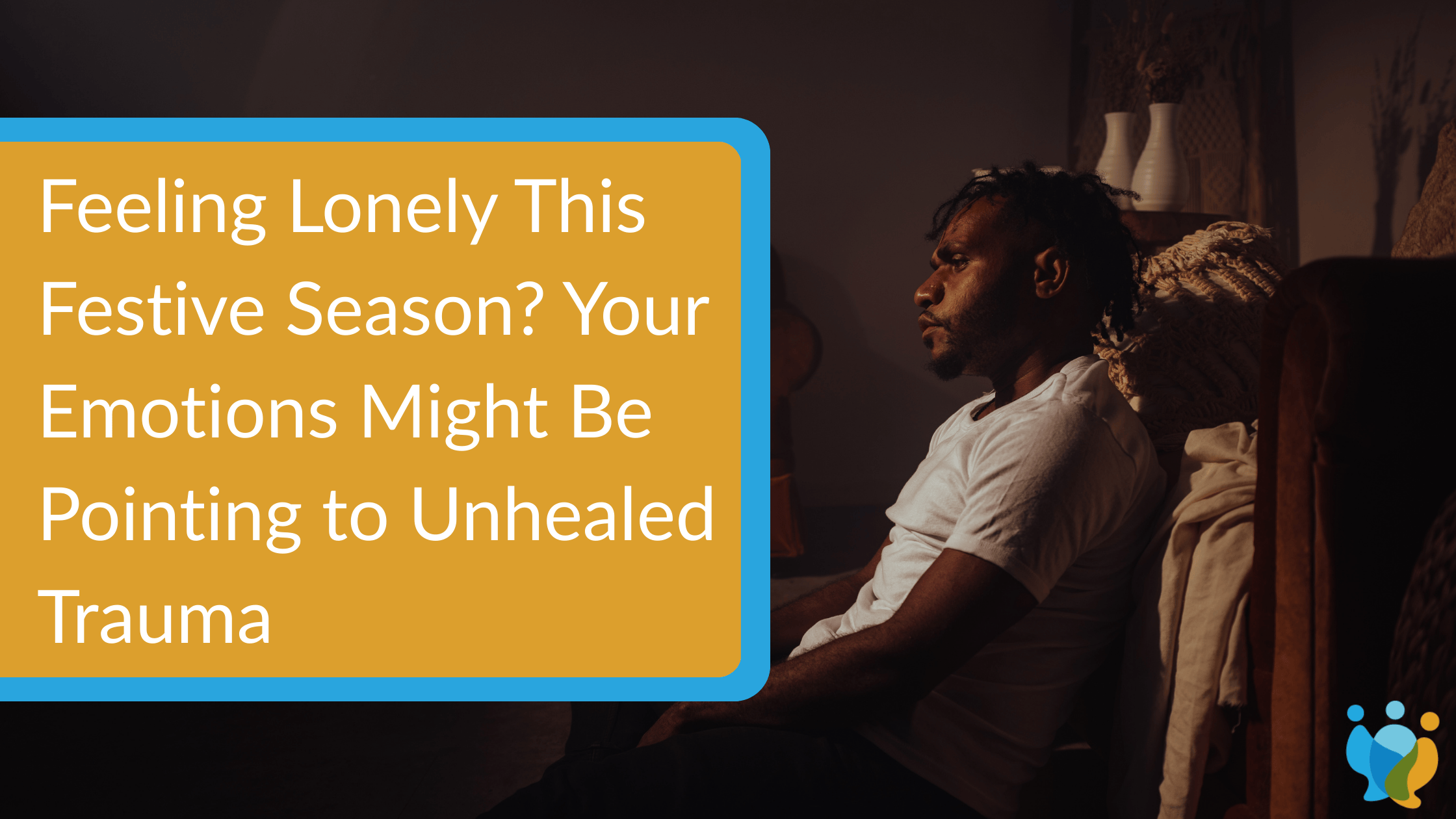Emotional Self Regulation

How to Practice Emotional Self Regulation
It’s Monday morning, and you have a life-changing interview awaiting. You sense your knees weakening as you enter the building you anticipate as your new workplace. You feel your heart pounding, and you struggle to breathe. You know if you do not get a hold of yourself, you’ll have a full-blown anxiety attack.
You quickly rush to the washroom. You find a quiet spot, you close your eyes, and you breathe in and out slowly. Next, you take note of the negative thoughts rushing through your mind, and you replace them with positive, encouraging ones. You feel your heartbeat slowing down, and your breathing lightens. You walk out of the washroom feeling confident and ready for the interview.
This scenario illustrates someone with emotional self-regulation—-having the ability to process and control their emotions in a healthy way. Emotional self regulation also entails being aware of your feelings, knowing what triggers particular emotional responses, and acquiring skills to respond adequately. Read on to learn how emotional self-regulation develops, its importance, and strategies to self-regulate.
How Emotional Self Regulation Develops
You are not born with the ability to self-regulate your emotions. Acquiring this skill begins developing in infancy and continues into adulthood. In childhood, your primary caregiver helped you manage your emotions by comforting or encouraging you when you were upset.
As you grew up, you started experimenting with what works to regulate your emotions. For example, you would distract yourself with comfort toys. As you developed language, you learned how to express yourself and solve minor challenges.
In later childhood, you interacted with others, and you learned how to manage emotions while with others. You also conform to social and cultural norms to avoid experiencing negative emotions. In your adolescent years, your emotions intensified, but with time, your teenage brain developed further and helped you regulate your emotions by the time you hit your mid-twenties.
Now as an adult, your emotional regulation continues to evolve as you encounter various life experiences that either improve or limit your emotional self-regulation abilities. Factors that affect the normal development of emotional self-regulation at whichever stage include:
- Early childhood trauma
- Peer pressure
- Mental health conditions
- Substance abuse
- Chronic stress
If you experienced any of these challenges, it could be the reason you find it hard to regulate your emotions. Seek professional help by registering for emotional regulation therapy in Kenya, Nairobi where you will get the tools to help you process these issues.
Why You Need to Self-Regulate Your Emotions
Everyone experiences a wide range of emotions. Some are pleasant, and others quite distressing. While these emotions are natural, you need to manage them to improve your mental health and well-being, enjoy better relationships, and experience success. Other benefits of having emotional self-regulation include:
- Encounter less stress: Emotional self-regulation helps you handle stress better as you can control how you think and respond to tough situations. You’re less likely to feel overwhelmed.
- Have improved health: Regularly having extreme emotions does more harm to your body. You may acquire conditions such as high blood pressure, ulcers, insomnia, and migraine headaches.
- Achieve your goals: Regulating your emotions means that you will focus more on your goals than the feeling you’re having. You’ll also be able to process tasks objectively without being influenced by negative extreme emotions.
- Experience more happiness: Emotional regulation enables you to stop damaging emotions from bearing root in your mind and heart. As a result, you’ll experience more joy and contentment regardless of the circumstance.
- Enhance problem-solving: Practicing emotional self-regulation supports better decision-making and problem-solving abilities. You’ll think clearly about your challenges and find better solutions.
Related: Emotional Codependency: 5 Signs Of Unhealthy Codependency
Strategies to Help You Self-Regulate Emotions
Emotional self-regulation is a valuable skill that promotes mental, emotional, and physical well-being. The first step to hone this skill is identifying your feelings and understanding what triggers them and the pattern they take. Consequently, you can prepare for the next time you are in the same situation. Other strategies to implement include:
- Label the emotions you are having and why you are having it
- Challenge and reframe irrational and negative thoughts
- Take a break from the situation when you begin to feel overwhelmed
- Engage in healthy habits that can help you channel out the emotions
- Create time to solve the challenges that can be addressed
- Try to understand the other person’s perspective and practice being compassionate
- Talk to someone about your feelings and allow them to listen and offer guidance
Sometimes, the life issues you are having are too heavy for you to handle on your own. You should consider talking to a professional who can put everything in perspective and guide you through the change process. At Clarity Counseling and Training Centre, we have readily available counselors desiring to help you by providing emotional self-regulation therapy in Kenya, Nairobi. Contact us today and take charge of your emotions.

